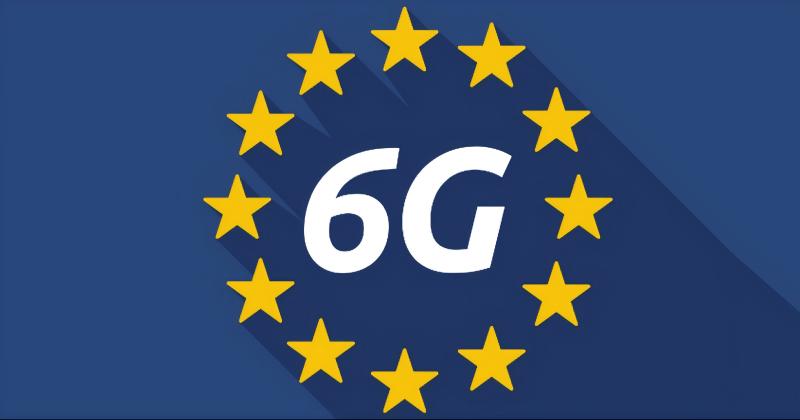European Telecom Operators Call on Regulators to Allocate 6GHz Spectrum for Mobile Services
C114 News Beijing time May 8 (Ace) According to foreign media reports, recently, 12 major European telecom operators jointly called on regulators to allocate the entire upper half of the 6GHz band (C114 Note: Data shows that this mainly involves 6.425-7.125GHz) to mobile communication services, saying that this move is crucial to ensure that Europe does not lag behind the United States in 6G technology research and development and commercial deployment.
These operators include companies such as Vodafone Group of the United Kingdom, Deutsche Telekom, Telefonica, Telecom Italia and Orange of France. Their chief technology officers jointly signed an open letter and said that they will continue to invest in the construction of European communication networks, but urged a strategic allocation plan for the upper half of the 6GHz band.
The United States opened the band for Wi-Fi in 2020, and China allocated the band for 5G/6G two years ago. Europe has not yet made a final decision on the allocation of the band. Most European countries have previously auctioned spectrum resources in the 3.4GHz to 3.8GHz band for the initial deployment of 5G networks.
The open letter pointed out that the current demand for spectrum resources is growing, and future services including 6G are coming soon. "It is urgent to allocate the entire upper half of the 6GHz band to mobile networks." The letter wrote, "It is expected that by 2030, the mobile communications sector alone will contribute 8.4% of global GDP. If the spectrum resources in the upper half of the 6GHz band cannot be used, the role of mobile communications in promoting GDP growth will be greatly limited." Regarding the development prospects of 6G, operators warned that insufficient spectrum resources will lead to "severe limitations on the service capabilities of this band, and ultimately jeopardize Europe's opportunity to play a leading role in 6G deployment." The letter specifically mentioned that they are worried that American stakeholders are still trying to use this band for Wi-Fi, but emphasized that telecom operators are the main providers of Wi-Fi services for local consumers and enterprises in Europe. If European operators continue to delay their decision to obtain spectrum in this band, and relevant American technology companies are allowed to obtain more 6GHz spectrum resources, then "Europe's competitiveness will face a major threat."
